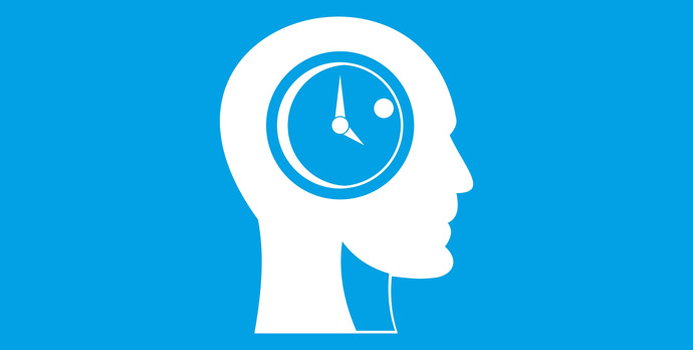The human body comes with its own internal clock, also known as circadian rhythm, which helps regulate sleep and wakefulness. This process is unique and intriguing, and knowing more about it may help boost your quality of sleep.
1. Your Internal Clock is Controlled by Light and Dark
Ever wonder why it’s hard to sleep well in a bright room? It’s because your internal body clock responds to light and dark by becoming more alert when it’s bright out and sleepier in the dark. Melatonin is a hormone your body secrets when it’s dark, causing you to feel tired. When it's light, melatonin levels in your body drop, causing a feeling of wakefulness. The University of Maryland Medical Center says taking melatonin supplements appears to help people with difficulty sleeping rest better at night.
2. Poor Sleep Boosts Disease Risks
When your sleep/wake cycle is off due to jet lag, stress or poor sleep habits and you’re not getting proper rest, disease and injury risks go up. The National Heart, Lung and Blood Institute says sleep deficiency is associated with high blood pressure, heart disease, stroke, diabetes, obesity, kidney disease and depression—and, it boosts your risk for car crashes, injuries, accidents, falls and broken bones. Insufficient sleep alters your body's hormone levels, which can boost appetite and your risk for unwanted weight gain.
3. There Ways to Regulate Your Internal Clock
If your internal body clock is off, there are several things you can do to help get your sleep/wake cycle back on track and improve sleep quality. For example, the National Sleep Foundation suggests avoiding blue light from televisions, computers, cell phones and tablets two to three hours before bed—and sticking with a regular sleep schedule. Head to bed at the same time each night, and wake up at a regular time to keep your internal body clock in check. Adults need at least seven hours of sleep each night, says the Centers for Disease Control and Prevention (CDC).
Tips for a better night’s sleep and improved internal body clock regulation include: sleep in a cool dark room at night, avoid screen time right before bed, maintain regular sleep/wake schedules, exercise regularly, avoid caffeine and nicotine several hours before bed, steer clear of late-night workouts, avoid going to bed hungry or extremely full, reduce stress, use a white noise machine if you’re a light sleeper, and get recommended amounts of sleep (at least seven hours nightly for adults).
[Image via Shutterstock]



